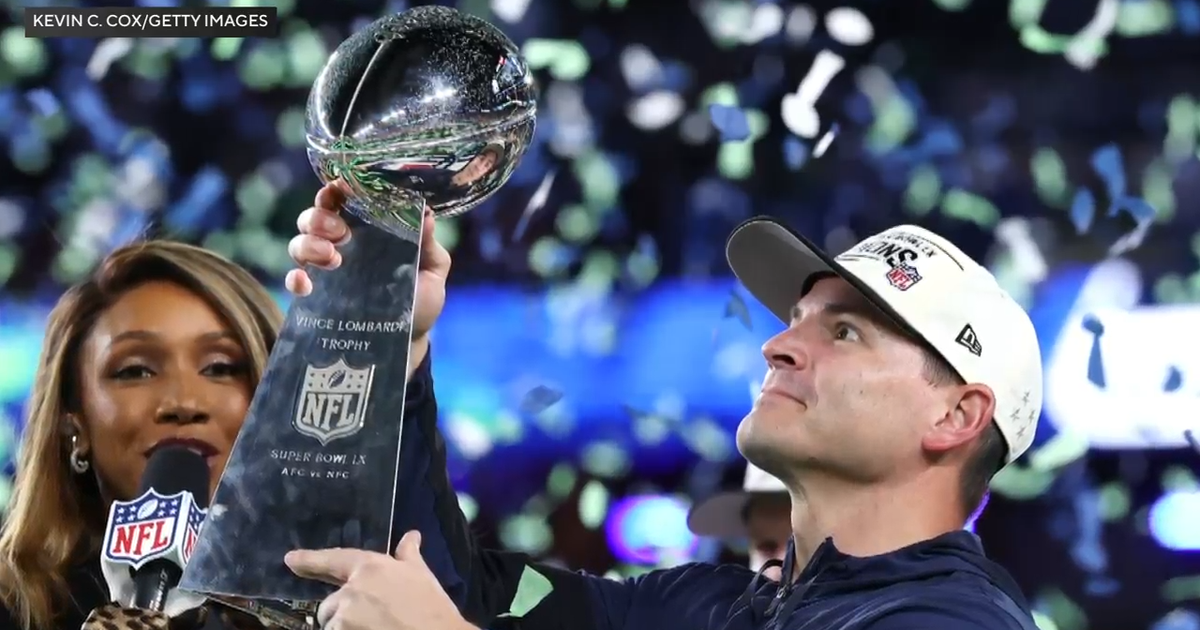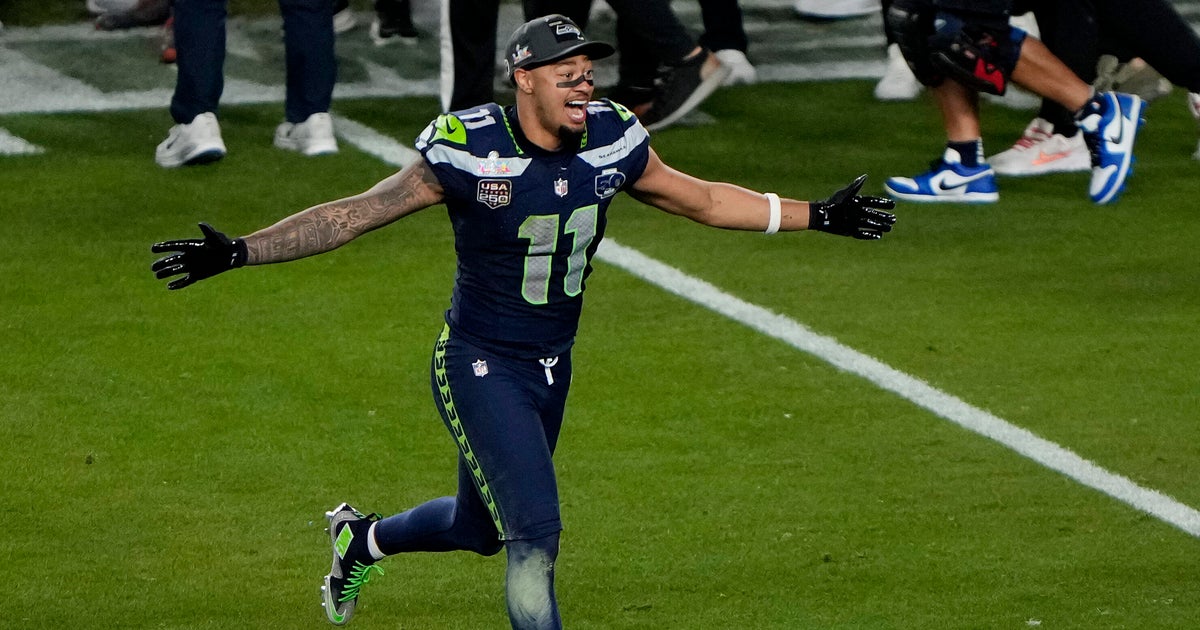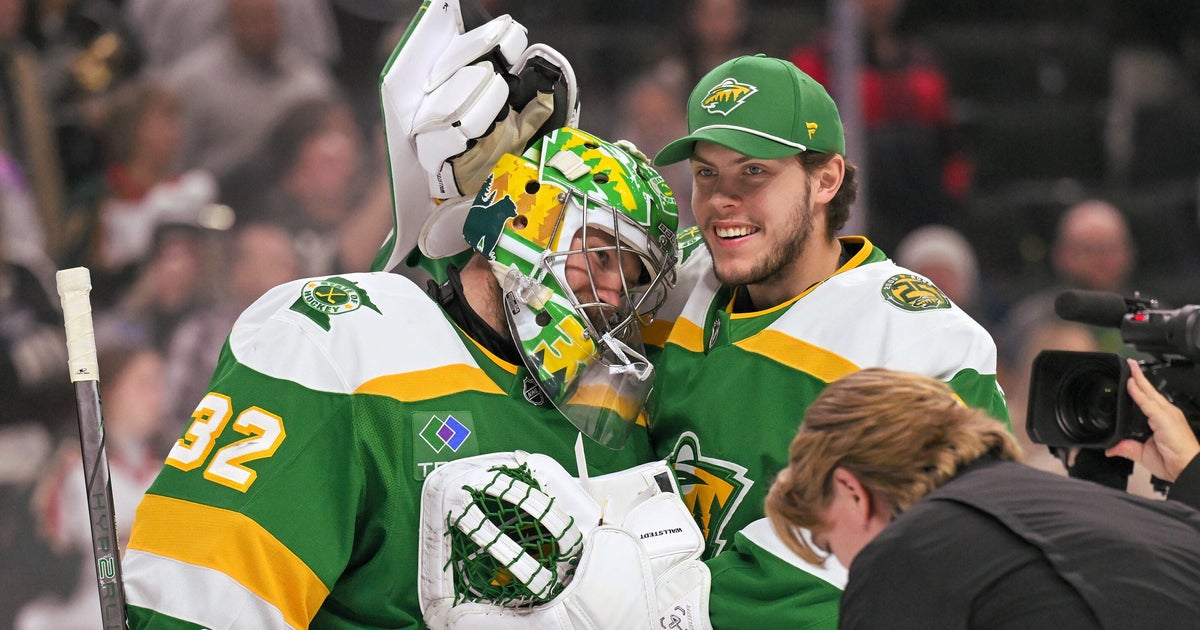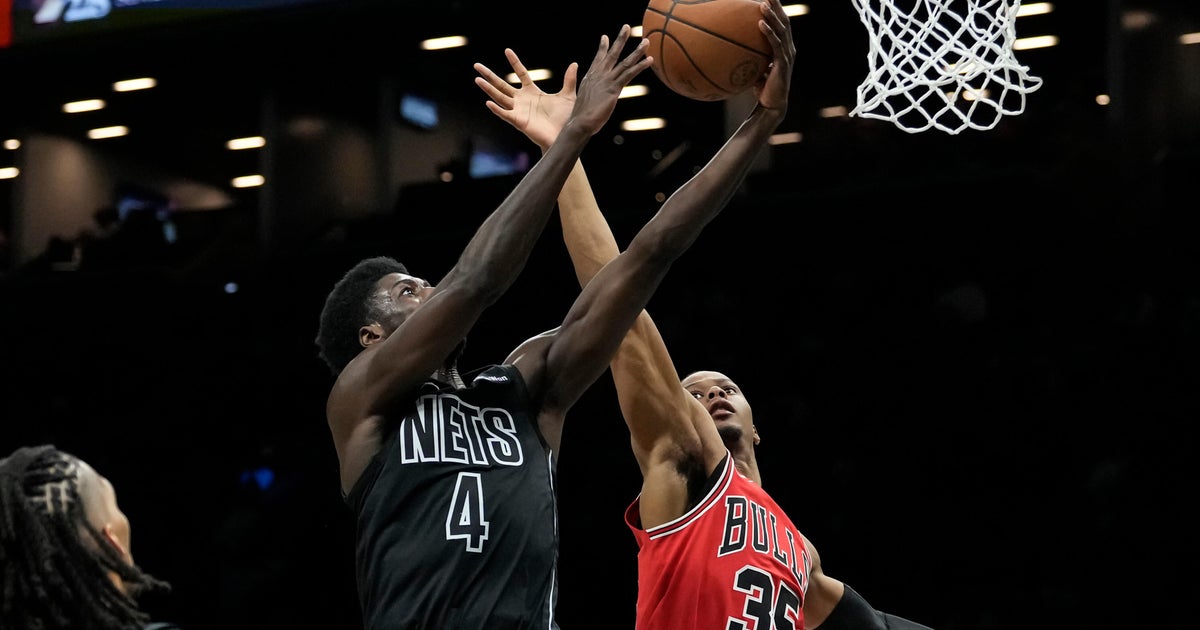Silverman: Drug Sting An Embarrassment For Bears
By Steve Silverman-
(CBS) As a football player, Sam Hurd is a hard-working athlete who did everything that head coach Lovie Smith, wide receivers coach Darryl Drake and special teams coach Dave Toub asked of him on the football field.
Hurd's no star and he knows it. He's part of the vast majority of players in the NFL who know they are eminently replaceable and that they are incredibly lucky to be getting paid a megabucks salary. In Hurd's case, that was $2 million this season.
But as an alleged businessman in the criminal drug trade, Hurd is no bit player. He is a go-getter who makes the most of every minute of free time he has away from the football field. Hurd was not the least bit interested in dealing a little bit of weed and coke to a few friends. No, at least according to federal charges, Hurd wanted to distribute 5 to 10 kilograms of cocaine and 1,000 pounds of marijuana on a weekly basis.
That's big business, something close to $20 million per year. While the marriage of athletes and criminal behavior is nothing new, the Hurd revelations are startling because of their enormity in scope. It's fairly shocking that Hurd even had time for football because his alleged drug operation was so huge.
According to published reports, the feds first learned of Hurd's potential involvement in a large-scale drug operation last July, shortly before he signed his three-year, $4.15 million contract with the Bears.
Ideally, the Bears would have pulled their offer off the table had they known of Hurd's interest in distributing illicit drugs in the Midwest. But there's one thing wrong with that theory. Federal agents did not share their information with the National Football League or the Chicago Bears.
You see, they were conducting their own investigation and when a federal informant gave them details about Hurd's alleged operation, their top priority was putting together a sting operation that would make those charges stick.
Federal authorities had no interest in saving the NFL or the Bears any embarrassment. They had to let Hurd's criminal intentions play out and give them the evidence they needed to bring federal drug conspiracy charges against him that could result in up to 40 years in prison.
That's just what happened Wednesday night, as Hurd dined in a Rosemont steakhouse with an undercover federal agent and an informant. During the meal, Hurd spoke of his intentions to move major quantities of marijuana and cocaine in Chicago. At the conclusion of the dinner meeting, Hurd was given a plastic bag allegedly containing a kilogram of cocaine. He took the bag and placed it in his car and was arrested shortly after.
The Bears could not have known about this operation. Team president Ted Phillips does not get calls from federal authorities who conduct drug probes that a player who he was considering signing was involved in a criminal enterprise. Neither does general manager Jerry Angelo. The same holds for team security chief Tom Dillon. The Bears, like all NFL teams, want to limit embarrassment that comes when their players do things that put their names on the police blotter. No team is immune from these problems, even when due diligence is conducted.
Angelo, who often sputters and stammers when he belches out answers to media inquiries, insisted that his team did its homework prior to signing Hurd when he met the media Friday afternoon. He announced the team was cutting Hurd and here was nothing in the backup receiver's background to suggest that he was a kingpin in a drug operation. Players and coaches said there were no clues during Hurd's brief tenure with the Bears to suggest anything along those lines was happening.
As the story unfolds over the coming months, this story will play out on news pages and not sports pages. Federal authorities allegedly caught a Chicago Bears player in a criminal enterprise to distribute drugs for profit. They appear to have caught him red-handed and it will take more than a small bit of expert lawyering to clear Hurd of these charges.
It's embarrassing for the Bears and the NFL, but they could not have known that their hustling backup receiver was conspiring to deal major quantities of illicit drugs.
Steve Silverman is an award-winning writer, covering sports since 1980. Silverman was with Pro Football Weekly for 10 years and his byline has appeared in the Wall Street Journal, Playboy, NFL.com and The Sporting News. He is the author of four books, including Who's Better, Who's Best in Football -- The Top 60 Players of All-Time. Follow him on Twitter (@profootballboy) and read more of his CBS Chicago columns here.







